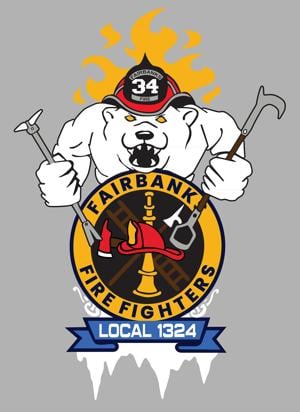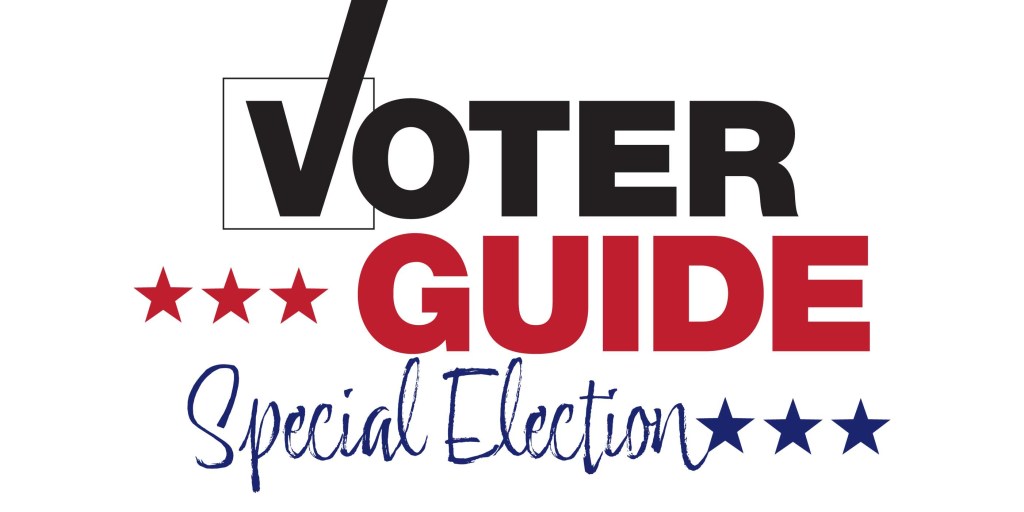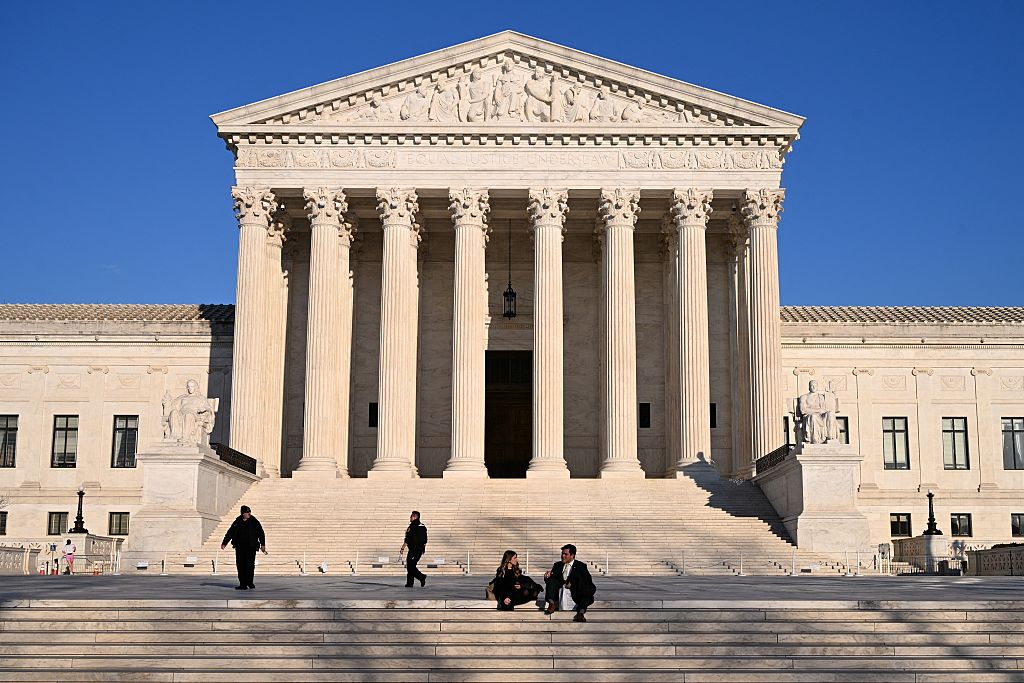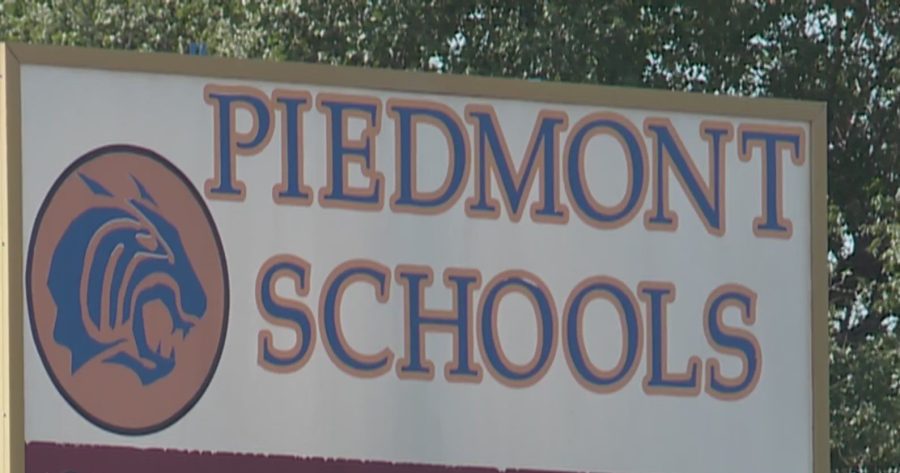
An amendment to the contract between the Fairbanks Firefighters Union (FFU) and the City of Fairbanks is poised for rejection, following the union’s recent disapproval. This decision has sparked concerns regarding the impact on local emergency medical services, particularly the training of paramedics and emergency medical technicians (EMTs). The City Council is set to discuss the ordinance during a public hearing on November 13, 2023, despite the union’s stance.
In July, the City Council approved a new contract with the FFU after extensive negotiations that included federal arbitration. However, the newly established terms excluded a crucial partnership that enabled a local paramedic school to provide students with necessary ambulance experience through the Fairbanks Fire Department (FFD). While the contract introduced a 5% increase in preceptor pay meant for internal training efforts, it failed to address the essential aspect of student ride-alongs. The ordinance states, “if the students cannot ride along on FFD ambulance calls, the program would not be able to continue in Fairbanks.”
During a work session, Chief of Staff Michael Sanders indicated that the ordinance’s relevance diminished after the union’s rejection. He expressed uncertainty about the implications for fire departments regarding the training pipeline for paramedics and EMTs. Sanders noted that the union sought some relief from the training demands, acknowledging the significant responsibilities involved in mentoring students.
The ramifications of this decision extend to the training processes within the Interior Alaska region. Benjamin Nance, a board member and medical director for the Interior Region EMS Council, emphasized the potential disruption to the paramedic program, which operates as a year-round academy requiring 240 hours of field training. The FFD is the only fire department in the area with sufficient call volume to meet training goals.
“The loss of this training capacity could have a severe human cost,” Nance stated, pointing to the increasing demand for qualified EMS professionals. Over the years, FFD has expanded its ambulance operations, transitioning from staffing two ambulances to three as needed, partly due to prior staffing challenges.
While the University of Alaska Anchorage (UAA) offers a paramedic program, it poses logistical challenges for students in Fairbanks due to distance and capacity constraints. Nance highlighted that the practicalities of commuting to UAA for training are unfeasible for many students, particularly given the financial burdens of tuition and housing.
The discussion around the union’s rejection also includes perspectives from council members. Lonny Marney voiced concerns regarding the community’s attachment to the fire department and the potential costs associated with outsourcing training should the local program collapse.
Despite these concerns, Sanders suggested that the financial implications of the program’s discontinuation may not be significant, as the Community and Technical College (CTC) has not provided substantial benefits to the FFD in the past. The cost of training a firefighter as a paramedic through the FFD can total around $136,000, including tuition and associated salaries.
Amid these discussions, FFU President Nick Clark acknowledged the benefits of the CTC partnership but pointed to ongoing challenges. He noted an increase in workload and changing leadership dynamics that have complicated the training process for paramedic students. Clark believes that addressing these issues is crucial for the future of the program.
The potential dissolution of the partnership has raised alarms among various stakeholders, including fire chief Andrew Coccaro, who has acknowledged the need for a resolution that does not jeopardize current students. Coccaro expressed a willingness to explore alternative arrangements if necessary, emphasizing the importance of maintaining a robust training program for future EMS professionals.
With the public hearing scheduled for November 13, the City Council will consider the ordinance, despite the apparent lack of union support. The meeting will take place at 18:30 at Fairbanks City Hall, located at 800 Cushman Street. The outcome will significantly impact the future of paramedic training in the region and the overall capability of local emergency services.






